#SPIDERS ARE NOT BUGS!!!!!
Explore tagged Tumblr posts
Text
My roommate just said that Blue Beetle is like the DC version of Spider-man because they are both Bug-themed heroes. The amount of self-control it took not to go into an hour-long rant was indescribable.
#fandom#autism#actually autistic#autistic#spider man#spiderwoman#marvel#dc comics#blue beetle#SPIDERS ARE NOT BUGS!!!!!#THEY ARE ARACNIDS!!!!!
13 notes
·
View notes
Text
glimpse into my beautiful imaginary world where arthropods are really big and we domesticated them




edit: people are starting to say some "my worst nightmare" or "eeeww no that one is yucky and scary" comments on this like they do on any bug post and id like to say. it's fine if you don't like bugs it's fine if you're scared of bugs but don't put that on MY post clearly talking about how much i like them and how cute i think they are. you can make your own damn post about how much you hate wasps or spiders or whatever. i'm blocking people who make these kinds of comments.
77K notes
·
View notes
Text









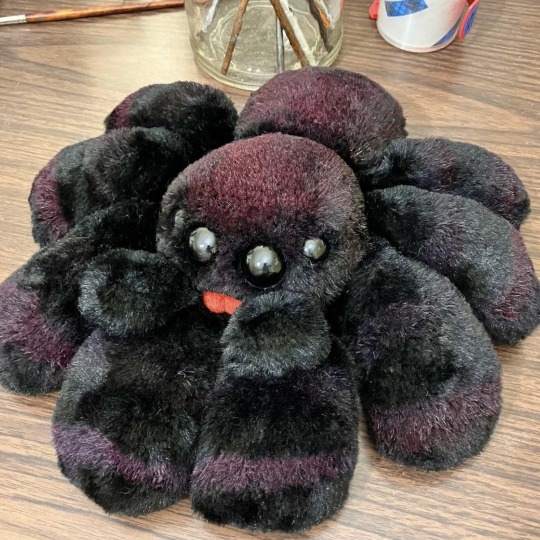


Spider plushies by plaything_co
#spider#spiders#plushies#plushblr#aesthetic#cute#bugblr#bug#bugs#gardencore#cottagecore#grandmacore#goblincore#light academia#plushcore#plush animals#plush community#plush toy#small business#cozycore#cozy#cottage
23K notes
·
View notes
Text
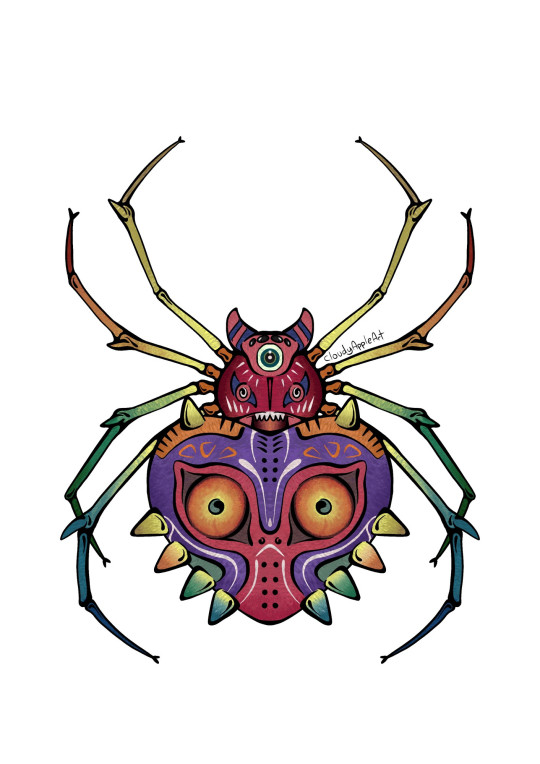
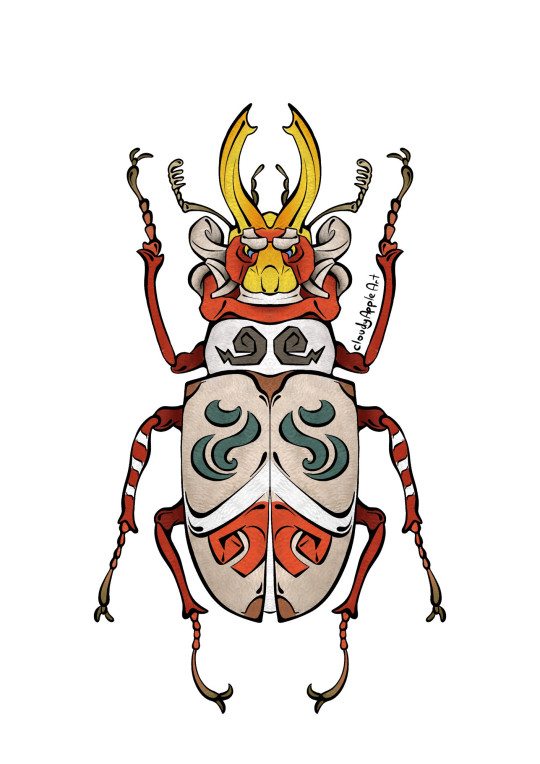
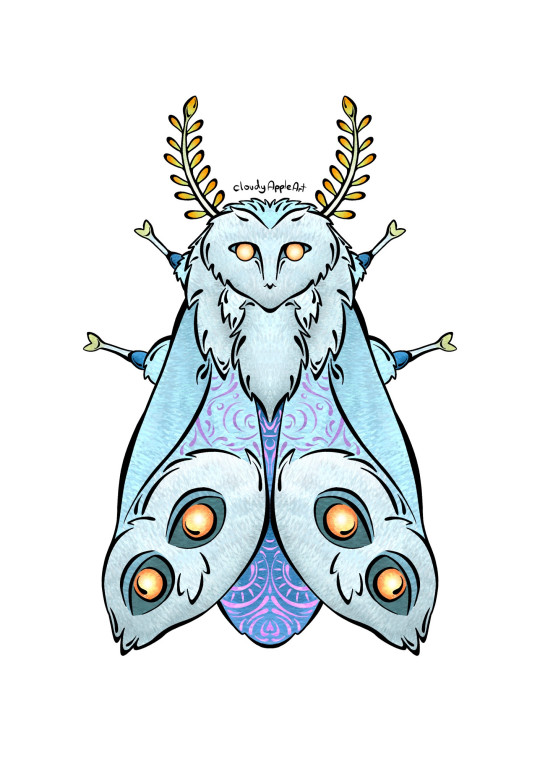
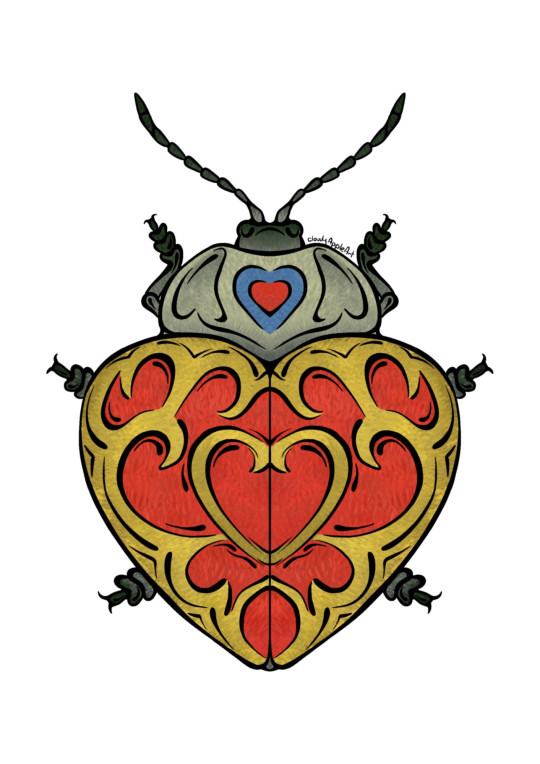
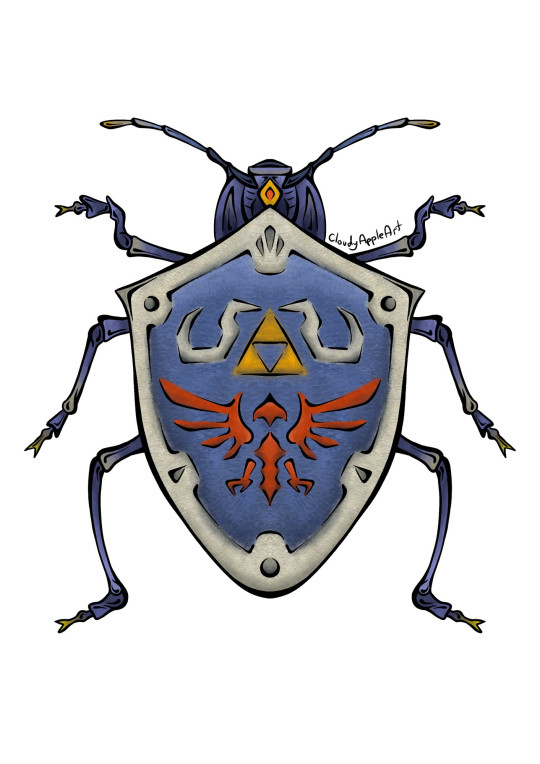
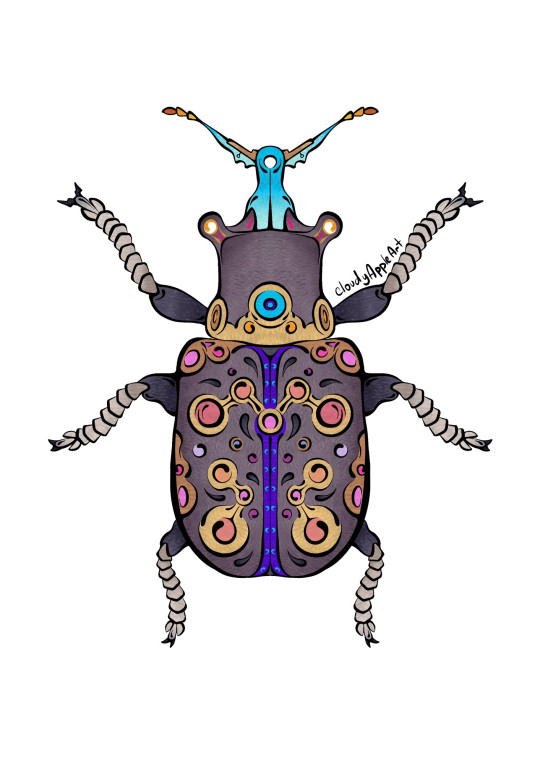
prints available here. pls dm for information on tattoo permisions.
my Legend of Zelda bug collection!
#legend of zelda#loz#link#zelda#wind waker#tears of the kingdom#breath of the wild#ocarina of time#majoras mask#bugs#insects#bug art#digital art#beetle#weevil#moth#spider#ladybug
10K notes
·
View notes
Text
Strange Bedfellows: these unprecedented photos show a leafcutter bee sharing its nest with a wolfspider

I stumbled across these photos while I was looking for information about leafcutter bees, and I just wanted to share them, because they're really remarkable. The images were captured by an amateur photographer named Laurence Sanders, and they depict an unprecedented scene that has garnered the attention of both entomologists and arachnologists.

The photos show a leafcutter bee and a wolfspider living in the same burrow.
The leafcutter bee (Megachile macularis) can be seen fetching freshly-cut leaves, which she'll use to line the inner walls of her nest, while the wolfspider sits at the entryway to the burrow; as the bee approaches, the wolfspider moves aside, allowing her to enter the nest, and then she simply watches as the leaf is positioned along the inner wall.

Once the leaf is in position, the bee and the spider seem to inspect the nest together, sitting side-by-side in the entryway. The leafcutter bee seems strangely at ease in the presence of the wolfspider, which is normally a voracious predator, and the wolfspider seems equally unfazed by the fact that it shares its burrow with an enormous stinging insect.

The man who took these photographs discovered the peculiar scene by accident, and he then captured a series of images over the course of about two days (these are just a few of the photos that were taken). During that two-day period, the bee was seen entering the nest with bits of foliage dozens of times, gradually constructing the walls and brood chambers of its nest, and the spider was clearly occupying the same burrow, but they did not exhibit any signs of aggression toward one another.

The photos have been examined by various entomologists and arachnologists, and those experts seem ubiquitously surprised by the behavior that these images depict. The curator of entomology at Victoria Museum, Dr. Ken Walker, noted that this may be the very first time that this behavior has ever been documented, while Dr. Robert Raven, an arachnid expert at the Queensland Museum, described it as a "bizarre" situation.
This arrangement is completely unheard of, and the photos are truly remarkable.
Sources & More Info:
Brisbane Times: The Odd Couple: keen eye spies bee and spider bedfellows in 'world-first'
iNaturalist: Megachile macularis
#entomology#arachnology#leafcutter bee#wolfspider#symbiosis#cool animals#cool bugs#bees#spiders#nature#cute#insects#arachnids#australia#props to the photographer#laurence sanders#this is a cute couple#but their babies would be terrifying
26K notes
·
View notes
Photo



Pink crab spider, Thomisus onustus, Thomisidae
Found throughout Europe and into northern Africa and Asia
Photo 1 (with male on female) by bugzone, 2 by durand_mathis, and 3 by sonic7730
6K notes
·
View notes
Text
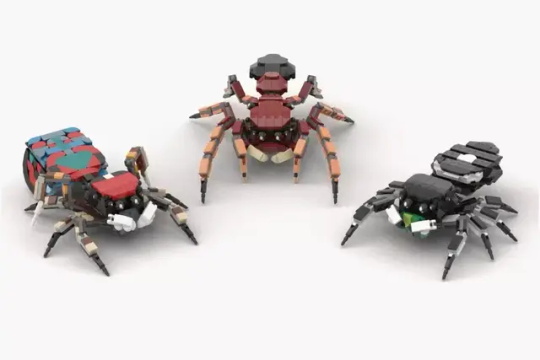
if you like lego + jumping spiders, you should vote on this user created lego product idea! if it gets 10k votes it has the chance to become a real set 🕷️🕷️🕷️

VOTE NOW!!!
11K notes
·
View notes
Text
I have no problem with slice-of-life AUs, but it bugs me when they don't try hard enough to adapt the characters' whole deal to the new milieu. "Samus Aran would be a gym instructor" nah, man – think pest control. She used to work for one of the big outfits in town, but she was forced to go freelance after that one lady's house burned to the ground during a routine bedbug fumigation. Officially it wasn't her fault – the client didn't properly disclose what kind of chemicals she was keeping in her basement – but word gets around, you know?
#media#fandom#fanfic#aus#gaming#video games#super metroid#samus aran#insects mention#death mention#she's got an unhealthy fixation on killing bugs because her dad died from a spider bite when she was a kid#it's a whole THING
4K notes
·
View notes
Text
I don't think "having sex" is important. What's important is arachnid locomotion is controlled by a system of hydraulic compression
3K notes
·
View notes
Note
I like your crowd proportioned beafts very much, thank you for sharing your art






Thank you. I love making them.
To the many people who have sent me additional poll suggestions, thank you as well. Lots of good suggestions to choose from in there.
5K notes
·
View notes
Text
"spiders and rollie pollies aren't bugs because-" actually they are bugs because they are little
4K notes
·
View notes
Text

follower forms of the bishops from cult of the lamb, with the food unique resource from their respective biomes
leshy: darkwood, berries
heket: anura, pumpkin
kallamar: anchordeep, cauliflower
shamura: silk cradle, beetroot
#art mine#2025 art mine#digital art#shapeshiftinterest#games#cult of the lamb#cotl#the bishops#leshy#heket#kallamar#shamura#food#worms#frogs#squids#spiders#animals#bugs
3K notes
·
View notes
Text
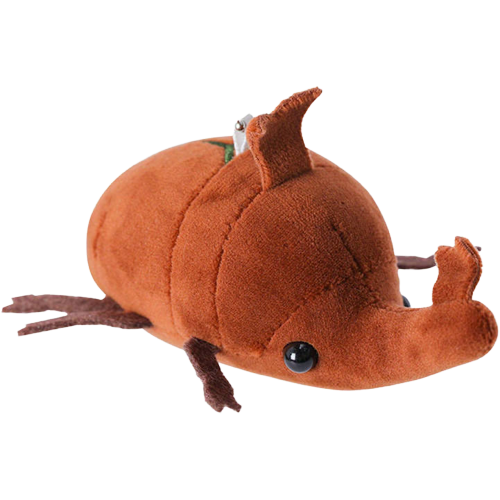
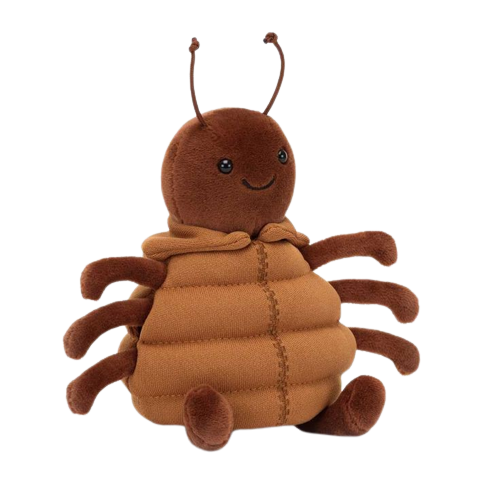


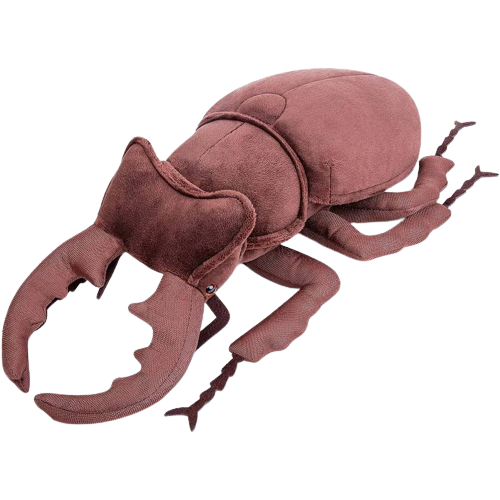
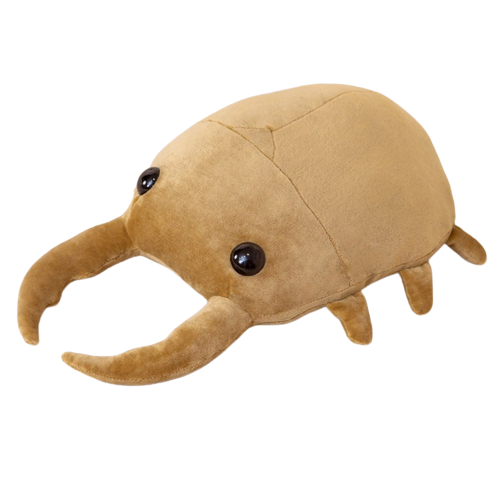
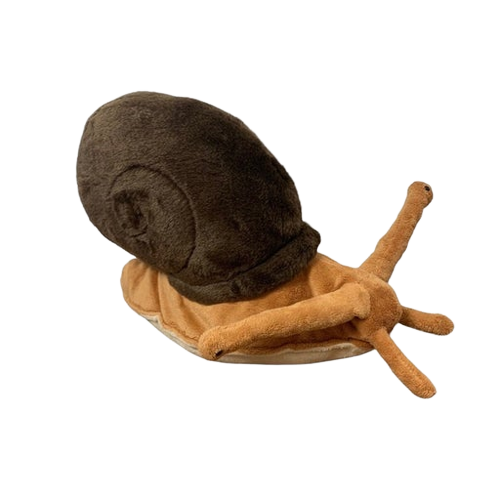
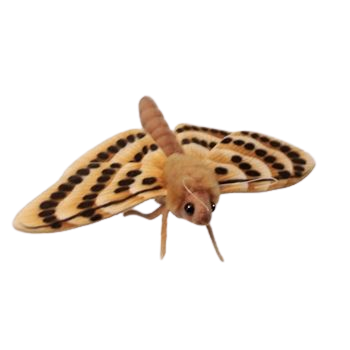
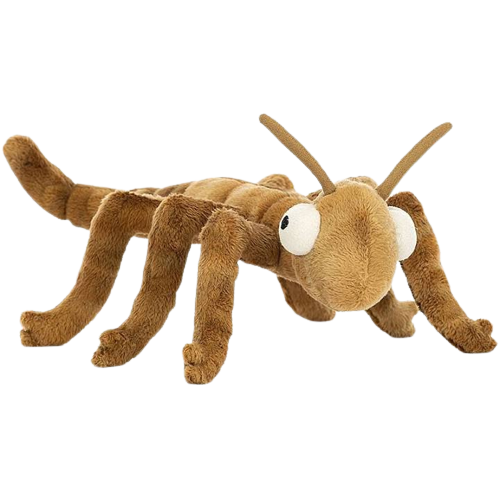

#plushie#cute#agere#age dreaming#age regression#agedre#system little#little#stuffie#stuffed animal#bug#beetle#spider#ant#moth#snail#stickbug#brown#tan#jellycat
22K notes
·
View notes
Text
Brenthia Moths: these moths can mimic the appearance and mannerisms of a jumping spider so convincingly that actual jumping spiders will sometimes attempt to court them
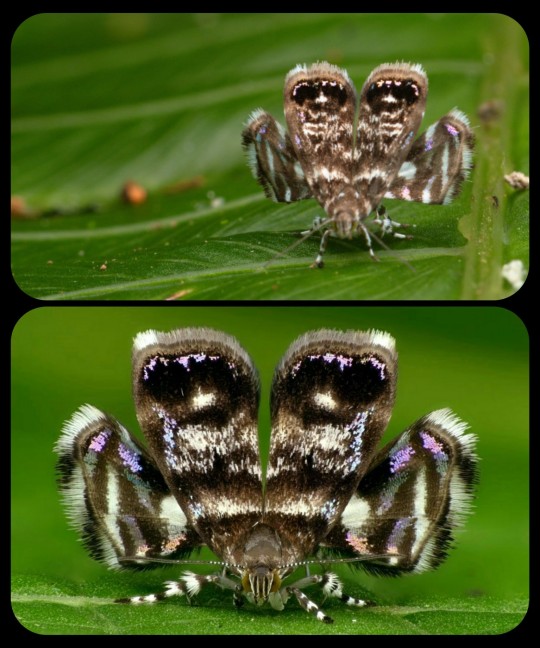
The markings, posture, and movements of a Brenthia moth (genus Brenthia, also known as a metalmark moth) all contribute to its disguise; the moths move around in short, jerky motions that mimic the movements of a jumping spider, and their hindwings are covered in black-and-white bands that strongly resemble the tucked-in legs of a salticiid spider, especially when the moth displays its unique wing position. The disguise serves as a defensive strategy, enabling the moth to avoid being preyed upon by actual jumping spiders.
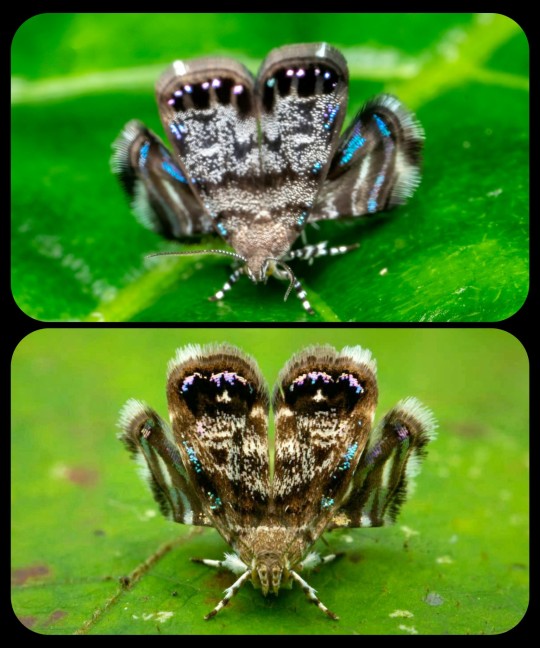
In some cases, that disguise may work a little too well, as jumping spiders may actually mistake the moth for a potential mate and then attempt to engage it in a courtship/mating dance (which must be a pretty awkward and bizarre experience for the moth, tbh).
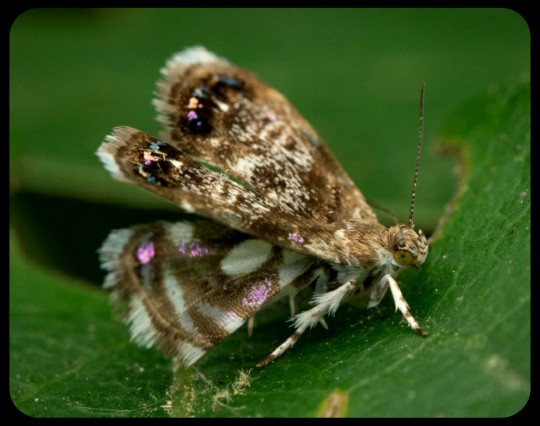
The resemblance between a Brenthia moth and a jumping spider may not seem terribly convincing to us, as human beings, but as this article explains:
When discussing animals mimicking their predator, it is important to remember that we humans are not the target audience. This means that the imitator may not look too convincing in its mimicry to us, but still manages to trigger a desired response from said predator.
Jumping spiders have also been known to respond to Brenthia moths by exhibiting a territorial display, which is yet another behavior that the spiders generally reserve for other spiders.
This study expands on the adaptive benefits of the moth's disguise:
In controlled trials, Brenthia had higher survival rates than other similarly sized moths in the presence of jumping spiders and jumping spiders responded to Brenthia with territorial displays, indicating that Brenthia were sometimes mistaken for jumping spiders, and not recognized as prey.
The illustration below shows the basic/general resemblance between a Brenthia moth and a jumping spider:
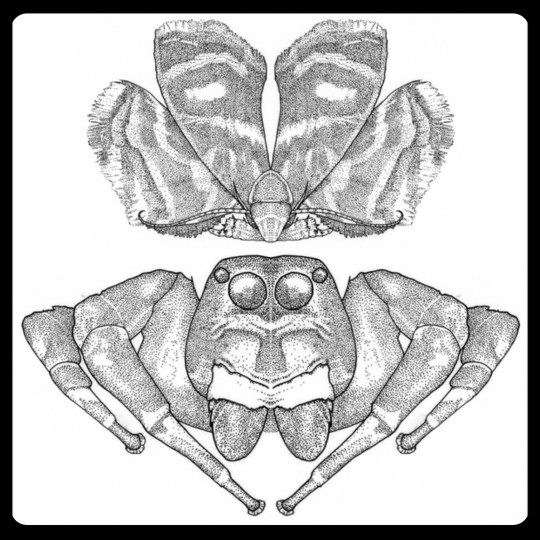
Sources & More Info:
New Scientist: Moth's Disguise is so Good, Spiders Love it Instead of Eating it
Animal Behaviour: Sheep in Wolf's Clothing
Science: This Moth Could Pass for a Spider
PLOS ONE Journal: Metalmark Moths Mimic their Jumping Spider Predators
Gil Wizen: Jumping Spider Mimicry in Brenthia Moths
Moths of North Carolina: Brenthia pavonacella
#lepidoptera#entomology#moths#peacock moth#brenthia#metalmark#mimicry#animal camouflage#cool animals#insects#cute bugs#jumping spiders#animals#arachnology#spiders#animal facts#salticidae#arthropods#mimicry among moths
6K notes
·
View notes
Photo




Jumping spider mimic planthoppers in the genus Rhotana
Photo 1 by tenebrionidfan, 2 by gancw1, 3 by budak, and 4 by deeqld
#animals#curators on tumblr#insects#bugs#true bugs#planthopper#mimicry#jumping spider mimic planthopper#Rhotana#one nice bug
7K notes
·
View notes
Text
Speaking up and educating people on why the most hated life forms on the planet are important and meaningful is a thankless task.
How do we reach out and get people to care about insects and spiders when the average reaction is either "EEWW KILL IT WITH FIRE" or blind panic?
Arthropods are crucial to the survival of life as we know it. Yes, even commonly vilified bugs like wasps and mosquitoes have ecological niches that the world CANNOT do without.
I cannot overstate their importance.
9K notes
·
View notes